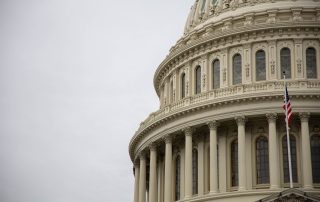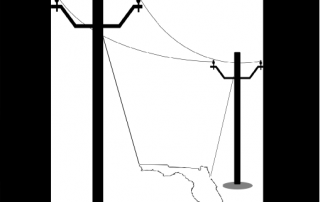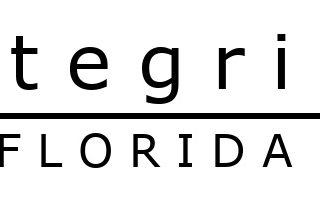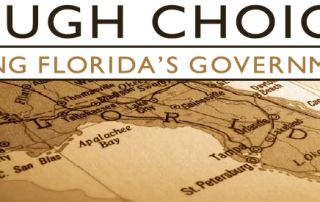Money and Political Influence
Political Contributions
Under section 106.011 Florida Statutes, “Contribution” is defined as:
A gift, subscription, conveyance, deposit, loan, payment, or distribution of money or anything of value, including contributions in kind having an attributable monetary value in any form, made for the purpose of influencing the results of an election or making an electioneering communication.
Lobby Expenditure
Under section 112.3215 Florida Statutes, Lobby “Expenditure” is defined as:
A payment, distribution, loan, advance, reimbursement, deposit, or anything of value made by a lobbyist or principal for the purpose of lobbying.
Money Political Influence in Florida.
What are campaign contribution limits in Florida?
City or County
Campaign contributions that go directly to a candidate’s account are limited to $1,000 for legislative and local races.
Statewide
Campaign contributions that go directly to a candidate’s account are limited to $3,000 for statewide races (Governor and Cabinet).
In reality, those contribution limits are a regulatory illusion.
Why are Florida Campaign Finance Regulations an Illusion?
Candidates can set up “Political Committees” (PC’s) that are allowed to raise and spend unlimited amounts of money with no restrictions on coordination with a candidate’s campaign. The use of PC’s also makes campaign funding less transparent, making it difficult to track the source of a contribution. Florida should move to restore the intent of the original campaign finance reform which sought to answer the fundamental question “who gave it, who got it?”
What Florida needs is comprehensive campaign finance and lobby reform.
A constitutional amendment, passed overwhelmingly by voters in 2018, created a revolving door ban that prohibits public officials from lobbying for six years after they leave office. It was a good first step, but Florida must tighten its lobbyist compensation reporting requirements.
Compensation for lobbying is currently reported in a $10,000 range, for example 1$ to $9,999 or $10,000 to $19,999. Reporting the exact amount of compensation would better allow the public to understand how lobbyists are used to influence public policy.
Research Publications
Money in Politics Reforms in Florida: Initial Impacts and Comparisons to other States
August 2015
This is the third collaboration between the LeRoy Collins Institute and Integrity Florida on state-local ethics issues. The report provides preliminary analysis of the impact of a recently enacted state law increasing the contributions candidates for state office may accept directly and compares that to the impact of provisions in several counties and cities that reduced contributions to candidates for local office. The initial findings are that local restrictions reduce the amount of direct contributions while the state expansion increases these contributions. The report puts these findings in the broader campaign finance context in […]
Power Play: Political Influence of Florida’s Top Energy Corporations
Download the full PDF report here
March 2014
Executive Summary
Increasingly, the Florida Legislature sets its agenda and policy outcomes based on the needs of
large political donors rather than the public interest. In one recent example, the sitting state
senate president openly explained his position on a public policy issue as supporting whatever
one major campaign donor tells him to support. A large Budweiser distributor contributed
nearly $300,000 to political candidates and committees aligned with Senate President Don Gaetz
and had the edge on its smaller craft beer industry competitors.
A similar pattern exists for the energy sector in Florida where the Florida Legislature maintains a
traditional, regulated […]
Florida’s Broken Campaign Finance System
Download the full PDF report here
January 2013
Integrity Florida identified four challenges with existing regulations
1. Contribution limits outdated and dysfunctional. Most contributions evade limitations on individual candidate accounts, streaming into political committees where there is less disclosure and public transparency.
2. Minimal transparency and accountability. Campaign finance reporting requirements provide less information to voters on a less frequent basis than other states.
3. Litigation risk. Florida may be out of sync with U.S. Supreme Court doctrine potentially increasing the risk of litigation over the state’s campaign finance spending limits.
4. Failing public financing system. Existing system of public financing is failing to achieve […]
Tough Choices Facing Florida’s Governments
Tough Choices: Best Practices in Campaign Finance and Public Access to Information
November 2012
Download the full PDF report here
Florida prides itself on being an open-government state and strives to make information available to citizens in a usable and understandable form. While the 2013 campaign finance reform law was a welcome first step, there remain areas where transparency and public access can be improved. As evidence, a recent scorecard from the National Institute on Money in State Politics gave the Sunshine State a “D” grade for disclosure requirements. This study explains the details of that report card and prescribes steps policymakers […]





